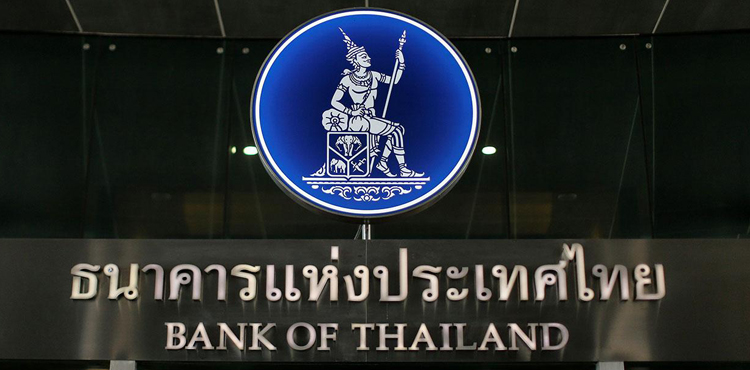The Thai economy overall continued to recover, despite some slowdown in merchandise exports and related production. Growth is expected to be more balanced in 2024 and 2025, supported by domestic demand, tourism sector, and a recovery in merchandise exports. Inflation should increase next year in line with the economic recovery and El Niño-related supply pressure. With output continuing to recover toward potential, the Committee deems the current policy interest rate conducive to keeping inflation sustainably within the target range, fostering long-term macro-financial stability by preempting the build-up of financial imbalances, and ensuring sufficient policy space in light of uncertain outlook. The Committee thus voted to maintain the policy rate at this meeting.
The Committee projects growth of 2.4 and 3.2 percent in 2023 and 2024, respectively. The growth projection that accounts for the government’s digital wallet scheme is 3.8 percent in 2024, compared with the previous assessment of 4.4 percent. The broad trajectory of the economy is one of a continued recovery, driven by a robust expansion in private consumption on the back of services spending as well as an improvement in employment and labor income. Merchandise exports and tourism have been recovering more slowly than expected, due to subdued growth in China and a delayed turnaround in global electronic demand. Looking ahead, growth should be more balanced, as tourism continues to recover and merchandise exports start to expand. At the same time, structural impediments could limit the positive effects of global demand recovery on Thai exports.
Headline inflation is projected to stay within the target range, at 1.3 and 2.0 percent in 2023 and 2024, respectively. The projection that accounts for the digital wallet scheme is 2.2 pecent in 2024, relative to the previous assessment of 2.6 percent. The lower headline inflation this year owes in part to the last-year high base as well as temporary factors such as energy price subsidies and lower-than-expected raw food prices. Meanwhile, core inflation excluding the digital wallet scheme is expected to be 1.3 and 1.2 percent in 2023 and 2024, respectively. The Committee is attentive to risks from higher food prices due to El Niño and a potential increase in global energy prices arising from the Middle East conflicts.
The overall financial system remains resilient. Financial institutions maintain high levels of capital and loan loss provision. There is a need to continue monitoring credit quality for some SMEs and households with impaired debt serviceability, higher debt burden, and slower income recovery. The Committee supports the continuation of debt restructuring measures as well as targeted measures and sustainable debt resolution for vulnerable groups, particularly responsible lending measures.
Overall financial conditions tightened somewhat. Private sector funding costs increased in line with the higher policy rate but in general do not hinder the ongoing economic recovery. Business loan growth has begun stabilising in line with economic activities. The baht strengthened against the US dollar in line with the regional currencies, primarily influenced by the Federal Reserve’s monetary policy outlook.
Under the prevailing monetary policy framework, the Committee seeks to maintain price stability, support sustainable growth, and preserve financial stability. In view of these objectives, the Committee expects the Thai economy to gradually recover toward its potential, and inflation to be within the target range. The current policy interest rate is appropriate for supporting long-term sustainable growth. The Committee will take into account growth and inflation outlook as well as associated risks in deliberating monetary policy looking ahead.





